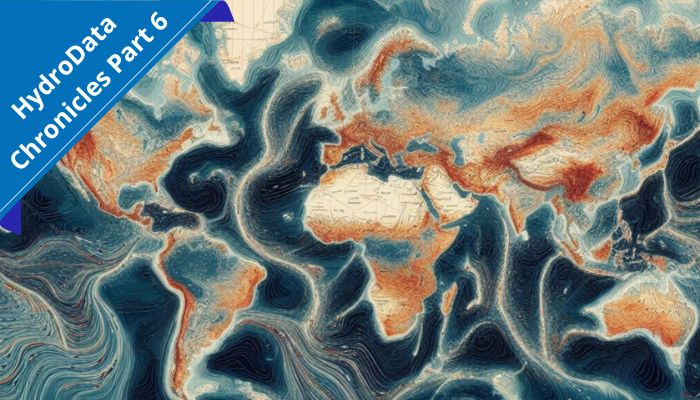The EGU General Assembly 2025 was an amazing success! Over the course of five sunny days in Vienna, 18,934 presentations were given across 1,102 sessions by the 18,646 on-site participants and 2,338 online attendees. There were plenty of events to choose from for the hydrologists attending. Across sessions, networking events, short courses, posters and medal lectures, we’ve put together some ...[Read More]
Your top 3 must-reads for a new PhD student in hydrology

Starting a PhD can feel overwhelming. Objectives and deadlines pile up, making it seem like you are juggling a thousand tasks at once. However, there are a few steps that do help you navigate this experience. One of the very first steps is to perform your literature review, which will serve as the foundation for your research. To help other early career scientists tackle this activity at the begin ...[Read More]
HydroData Chronicles: Unveiling EStreams – A Comprehensive Hydro-Climatic Dataset for Europe
We’re back to the HydroData Chronicles, where we enter into the exceptionally wonderful world—as massive as it is—of datasets about water phenomena, such as rivers and weather. Today, we focus on ΕStreams, a comprehensive dataset and catalogue of streamflow, hydro-climatic, and landscape data for Europe. This pioneering initiative fills the hydrological data availability gap, offering an inv ...[Read More]
HydroData Chronicles: Advancing Weather Monitoring in Greece – The NOAAN Legacy
Welcome back to the HydroData Chronicles, a fantastic voyage through the interesting aspects of hydrological data with deep impacts on climate research and societal resilience. It is now the turn of Greece to shine, with this superlative effort from the National Observatory of Athens with NOAAN, the NOA Automatic Network outpacing many others, high in meteorological observation all over the region ...[Read More]



